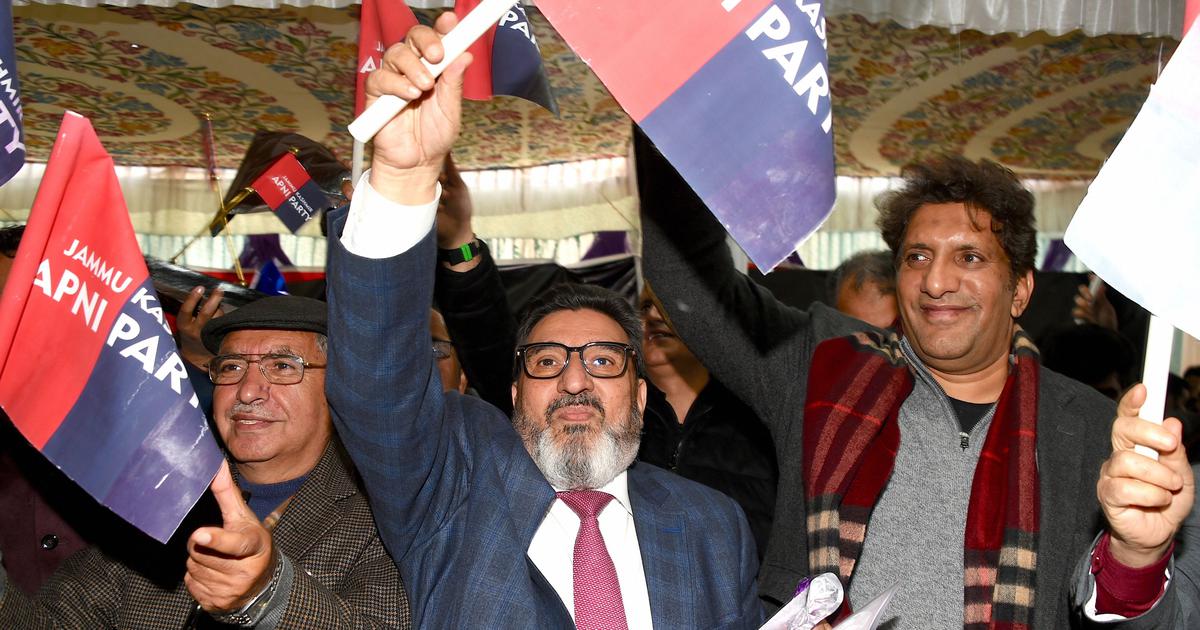As politician Altaf Bukhari announced the launch of the Apni Party in Srinagar this weekend, he said he had drawn inspiration from Bakshi ...

As politician Altaf Bukhari announced the launch of the Apni Party in Srinagar this weekend, he said he had drawn inspiration from Bakshi Ghulam Mohammad, the prime minister of Jammu and Kashmir from 1953 to 1964. Bukhari was apparently referring to the former prime minister’s legacy of development. But the comparison with Bakshi is unfortunate, especially at this juncture in Jammu and Kashmir.
In 1953, Sheikh Abdullah, who was then prime minister of Jammu and Kashmir, was abruptly dismissed and arrested on charges of conspiring against the state. He was replaced by the more pliant Bakshi, who had Delhi’s seal of approval. For generations of Kashmiris, Bakshi was the first of the “collaborators”, politicians who made accommodations with New Delhi to stay in power in the state.
The year 1953 also marked the beginning of Delhi’s creeping control over Srinagar. As it hacked away at the powers and autonomies granted to Jammu and Kashmir under Article 370, it undermined parties and politicians who did not toe the Centre’s line, ushering in those who did. In 1965, for instance, the National Conference, which had been founded by Sheikh Abdullah, was dissolved and reincarnated as the local branch of the Congress, then the party at the Centre. From 1957...



